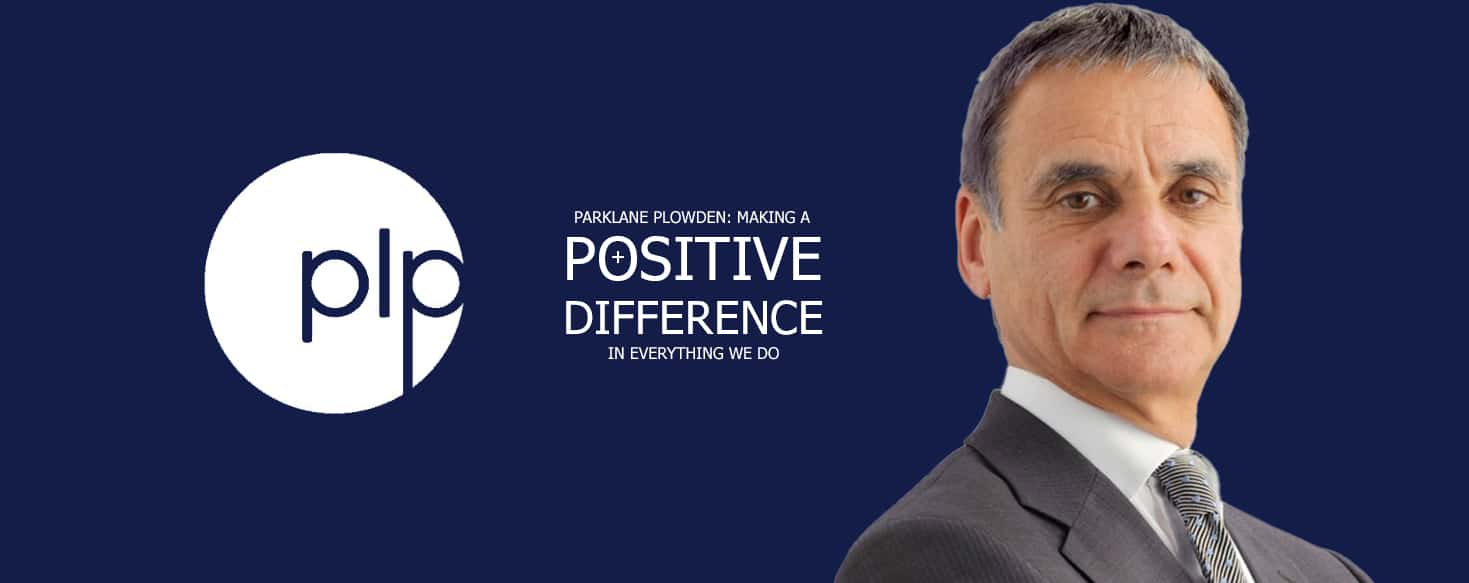Howard Elgot represents the claimant in a malignant brain tumour case – KXS v (1) University Hospitals Bristol and Weston NHS Foundation Trust, (2) Mr David G Porter and (3) North Bristol NHS Trust

It was unclear how much of KXS’s continuing injuries were caused by the negligence alleged.
KXS suffers from a grade 3 rhabdo meningioma, a malignant brain tumour. She was referred to hospital in Weston-Super-Mare. A CT scan was misreported, but an MRI scan was advised. This too was misreported by a different radiologist at Weston. Both scans showed bony infiltration of the skull base, that we alleged was very likely to have been caused by a malignant tumour.
KXS was referred by Weston to Mr Porter, a Consultant Neurosurgeon in Bristol, via the NHS. In fact KXS saw Mr Porter privately. He too misread both scans. Although it was admitted by the Weston Trust and by Mr Porter that they misread both scans, they argued that as general radiologists and a neurosurgeon respectively they could not reasonably have been expected to be able to interpret such scans properly. Our expert witnesses disagreed. Their evidence was that absent negligence at Weston, surgery would have been carried out in August 2013.
When KXS saw Mr Porter privately she was told that the tumour was slow-growing and benign. He told her correctly that surgery was required most obviously because of the threat to her sight caused by pressure on the optic chiasm and right optic tract. The surgery was to be performed on the NHS and she would be notified when the surgery list was formulated. Mr Porter’s NHS Trust, the Third Defendant, eventually admitted (in its Defence) that it ought to have operated in October 2013, whereas Mr Porter actually operated in late July 2014.
KXS telephoned Mr Porter’s NHS secretary at the beginning of each month to ask when her surgery would be. She became too stressed to make any more telephone calls after Christmas, so her partner telephoned instead. He was told that her notes had been lost.
In April 2014 KXS began to suffer sudden falls. Surgery was finally scheduled for late July.
The effect of surgery was catastrophic. KXS suffered a haemorrhagic stroke and became hemiplegic. She was in hospital for 6 months. The three Defendants argued that the bleeding at surgery was a non-negligent event and that the Claimant might have suffered similarly had she had surgery in October 2013. KXS could not and did not allege that the surgery was carried out negligently.
Further CT and MRI scans on 25th June 2014 had shown extensive haemorrhage within the lesion not present on previous imaging. Our argument was that an eleven month delay would have led to an increase in vascularity of the tumour. Hence the intracapsular haemorrhage that had occurred during the delay period and hence the scale of the damaging haemorrhage that occurred at operation.
We argued that:-
- if there would have been some significant damage caused by the additional vascularity, and
- that significant additional damage was impossible to measure,
- we had a case in which there was non-negligent damage that would have been caused at operation in any event plus negligent damage caused at operation, almost exactly as in Williams v Bermuda Hospitals 2016 AC 888, where the Privy Council allowed the claimant to recover in full.
Life expectancy (because of the progressive nature of the tumour tumour, not the negligence) to another 5 years was agreed. Although this was an obvious case for a periodical payments award because of the short life expectancy of KXS, none of the defendants would countenance a settlement on a periodical payments basis.
The value of the claim on a full liability and full measure of quantum basis was about £850,000. Settlement in the sum of £600,000, representing a 30% discount for litigation, damages and costs risks, was approved by Calver J.
The case against Mr Porter was discontinued, on the instructions of the solicitors.
Howard Elgot is a member of our clinical negligence team. To view Howard’s profile, click here.










